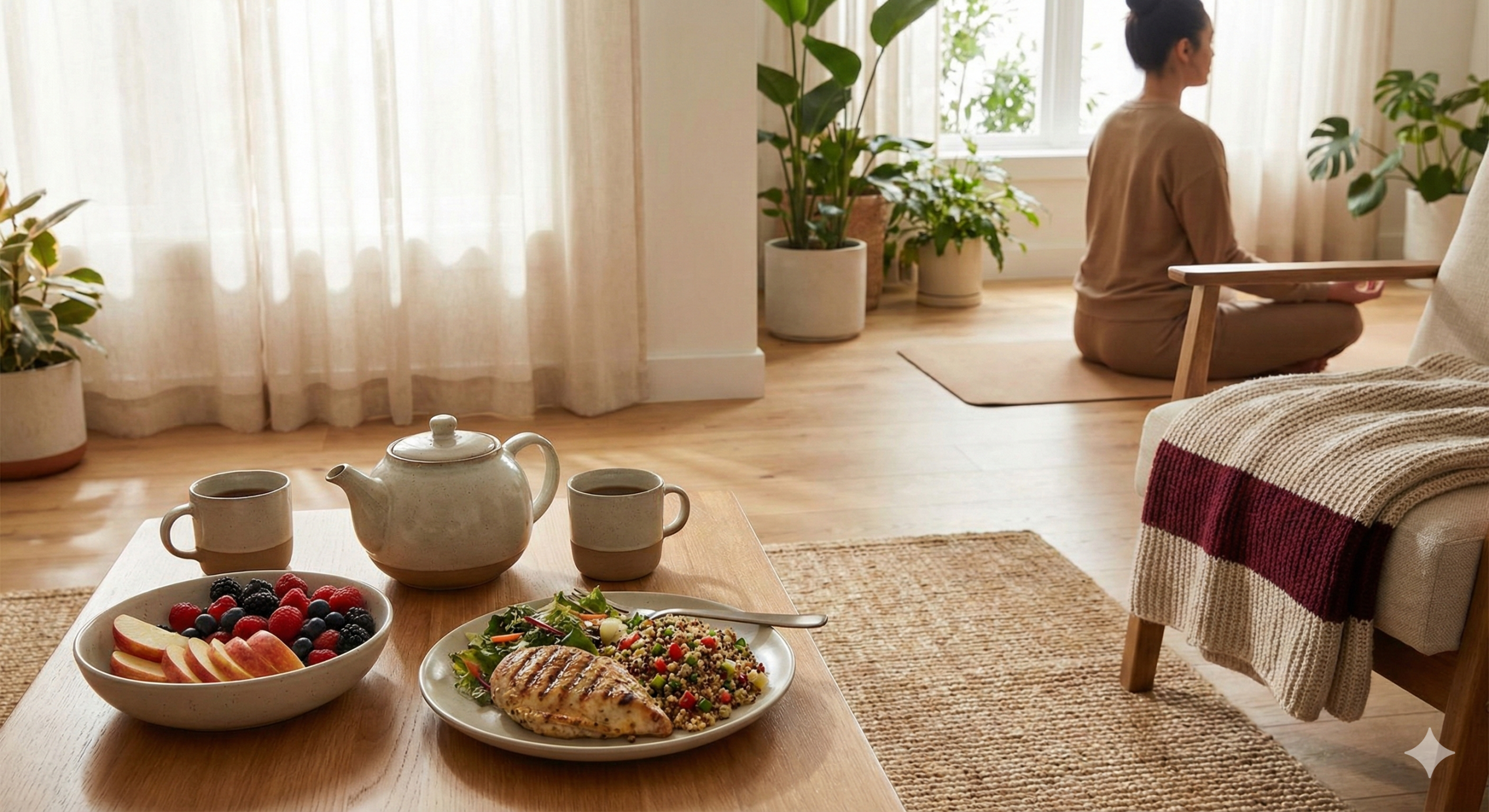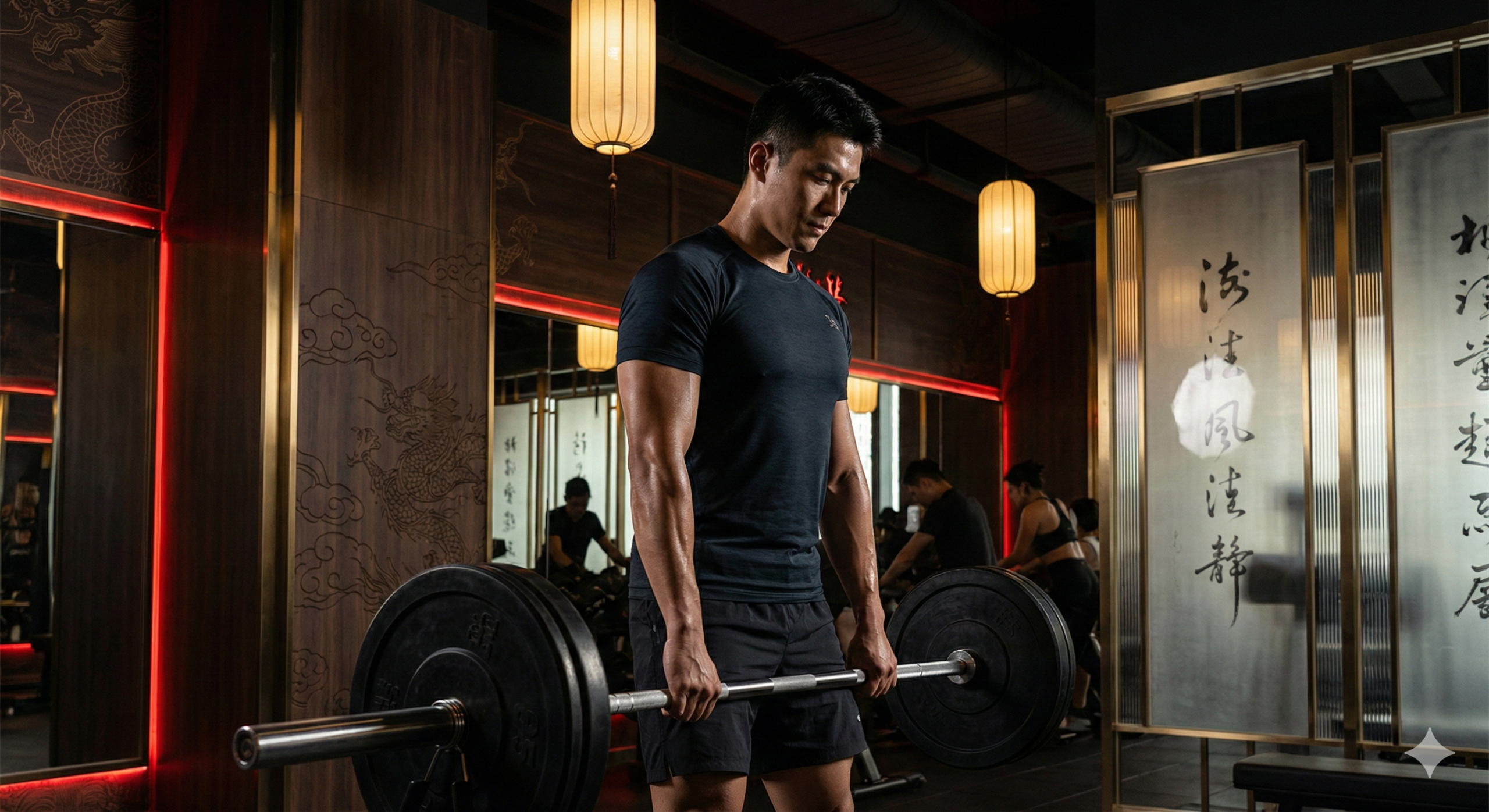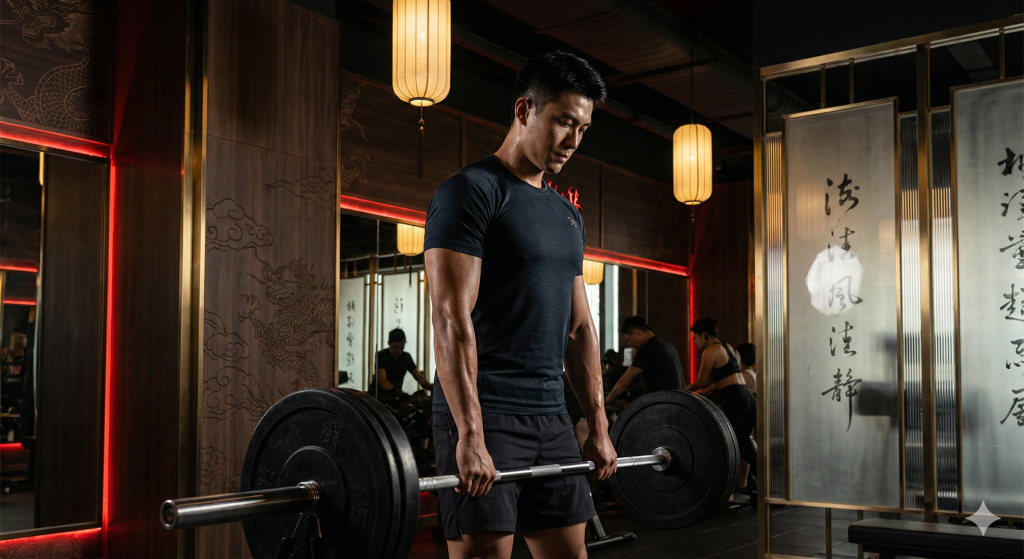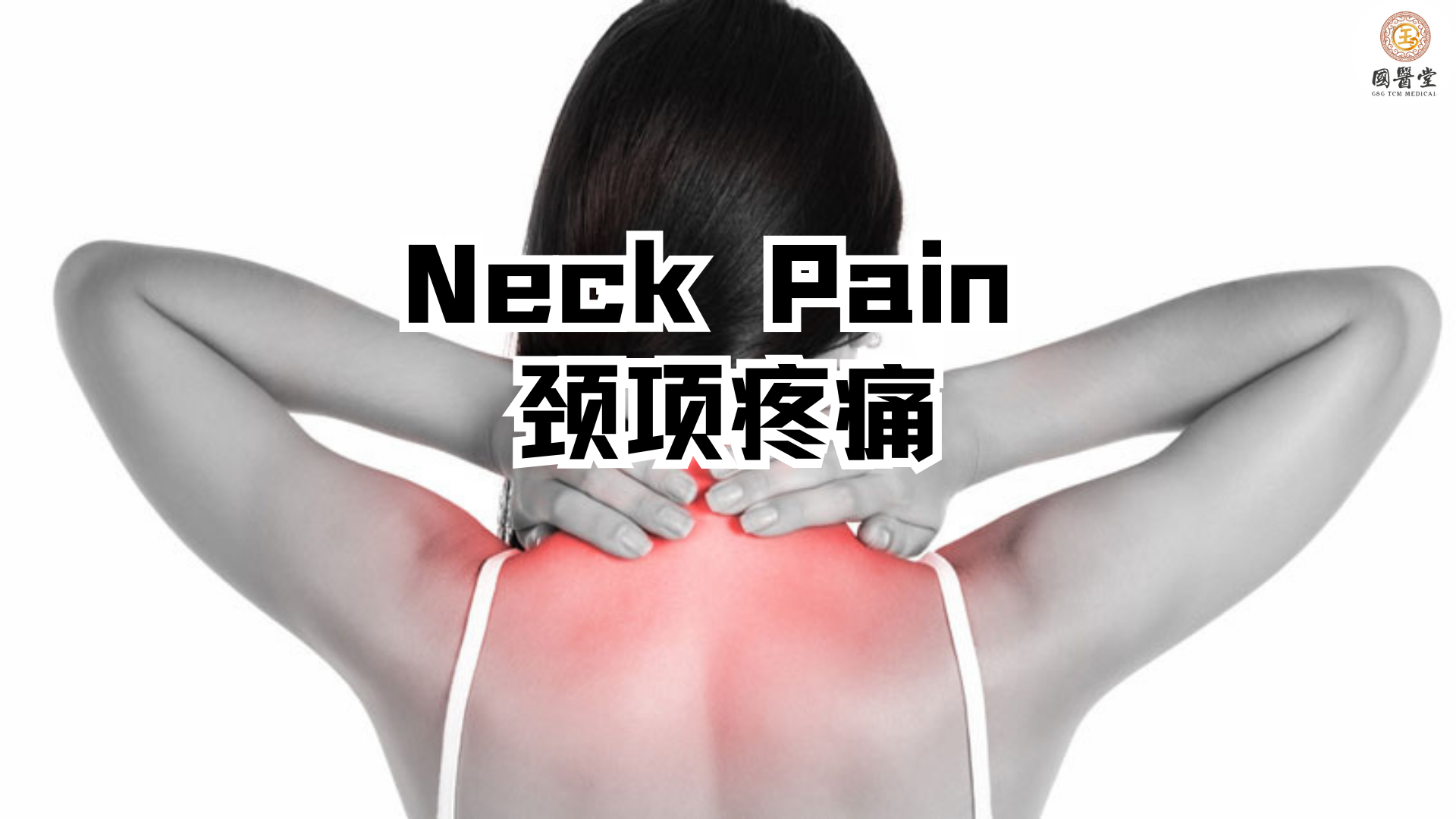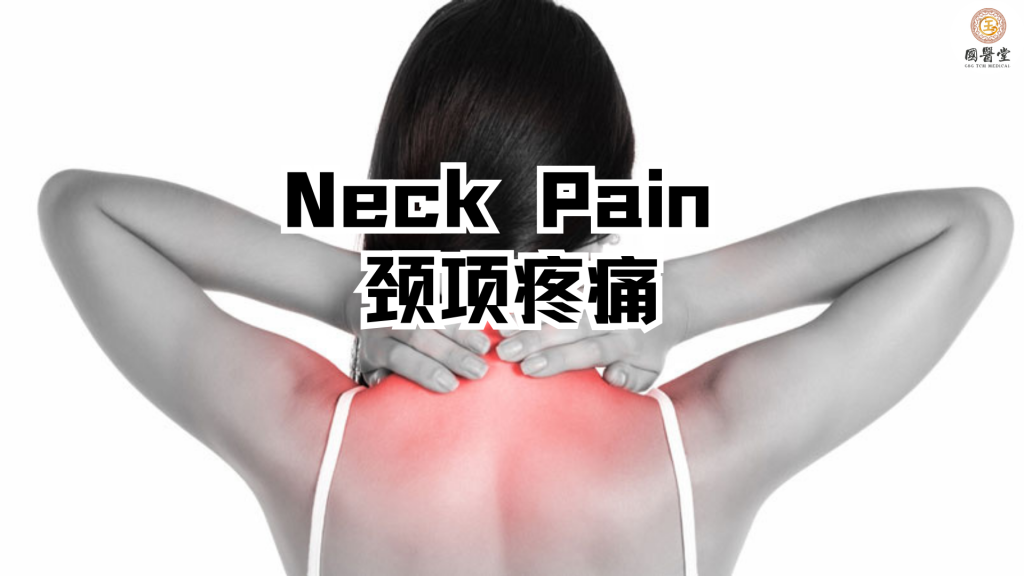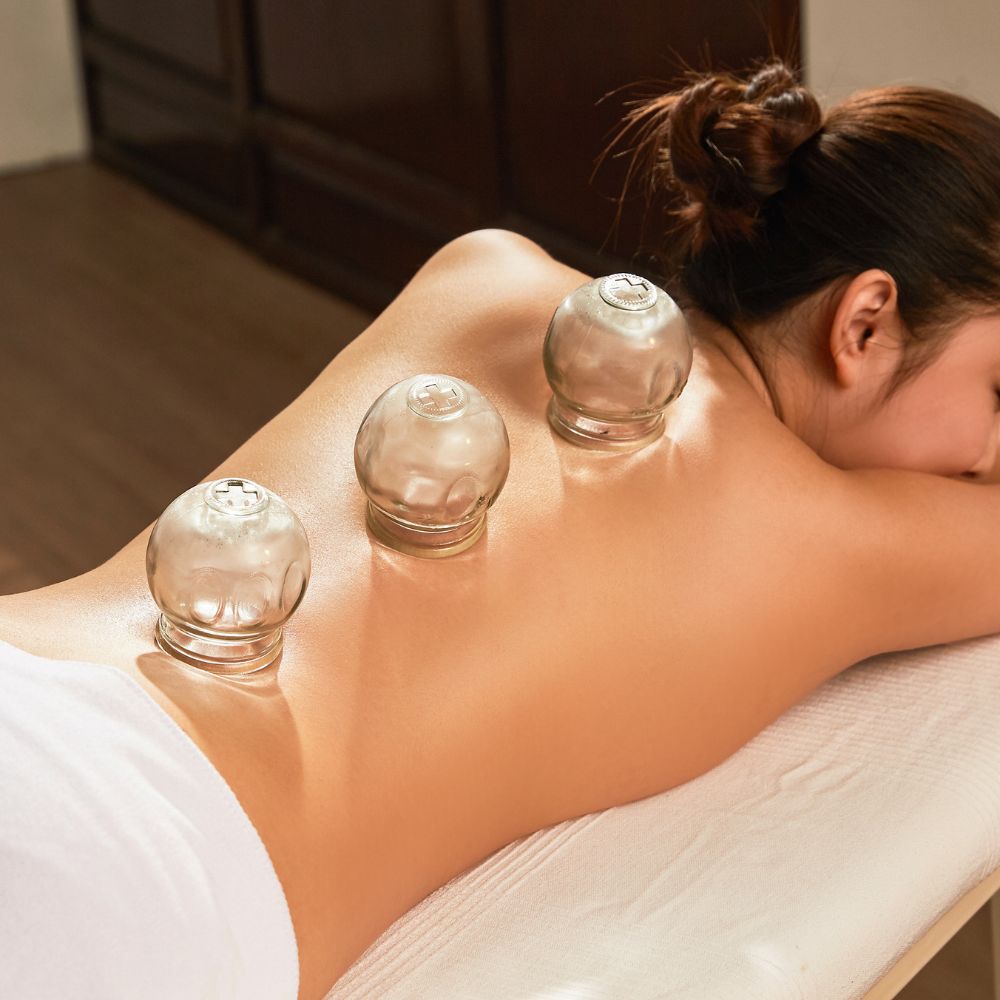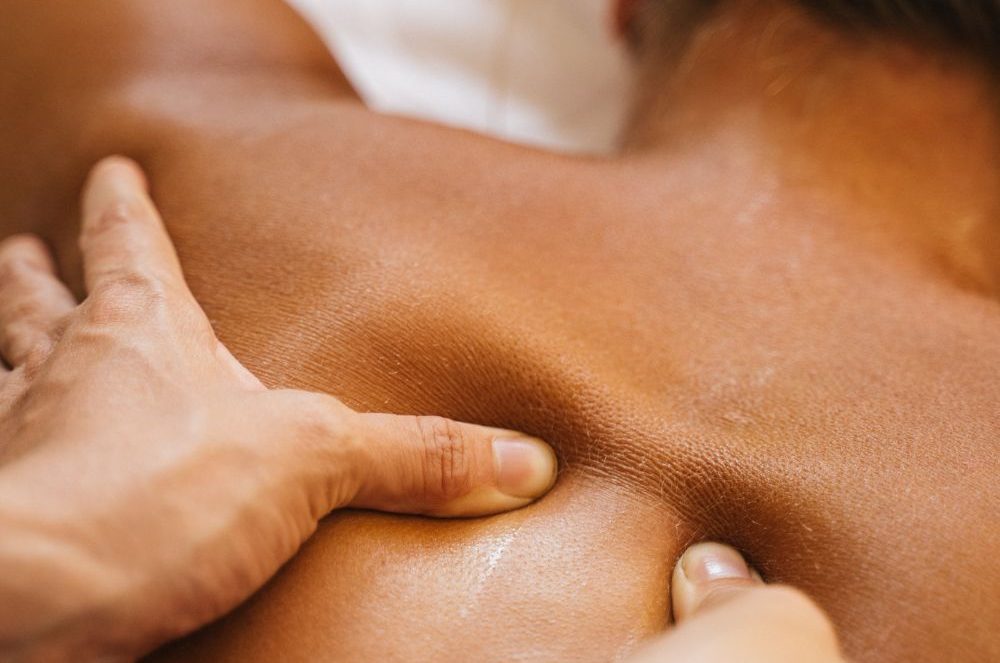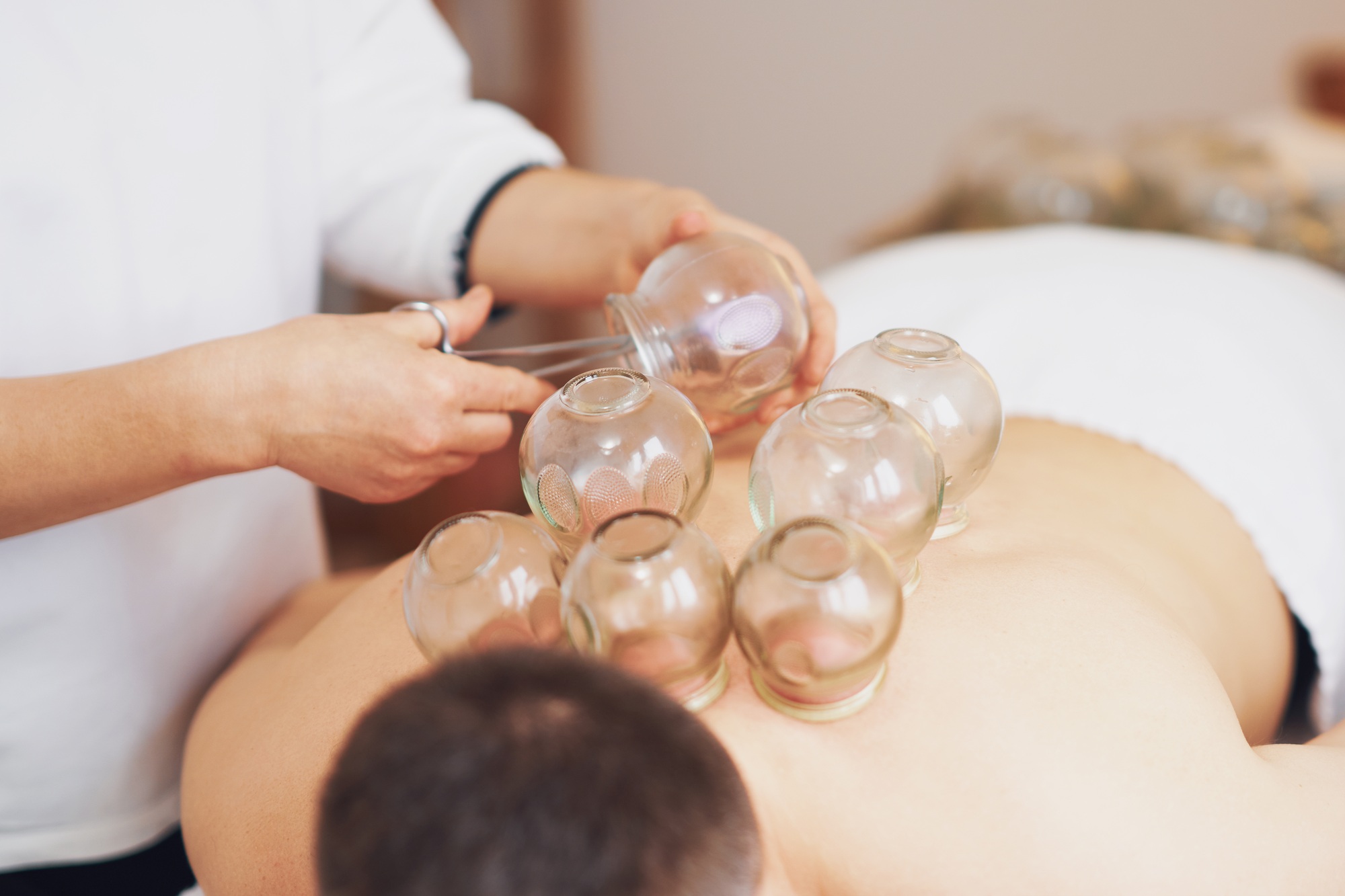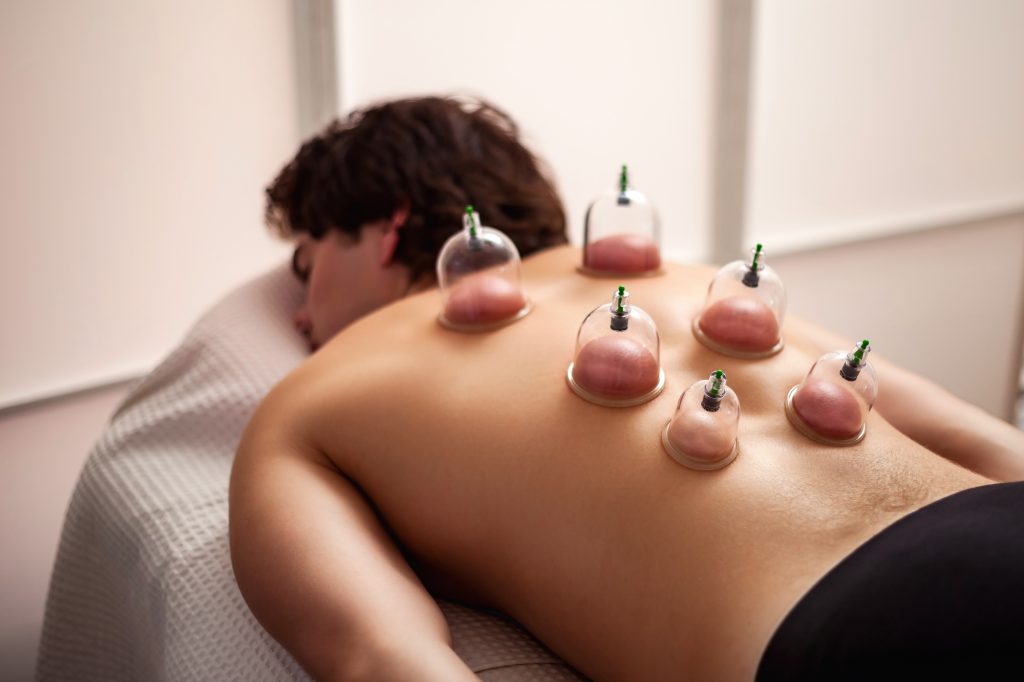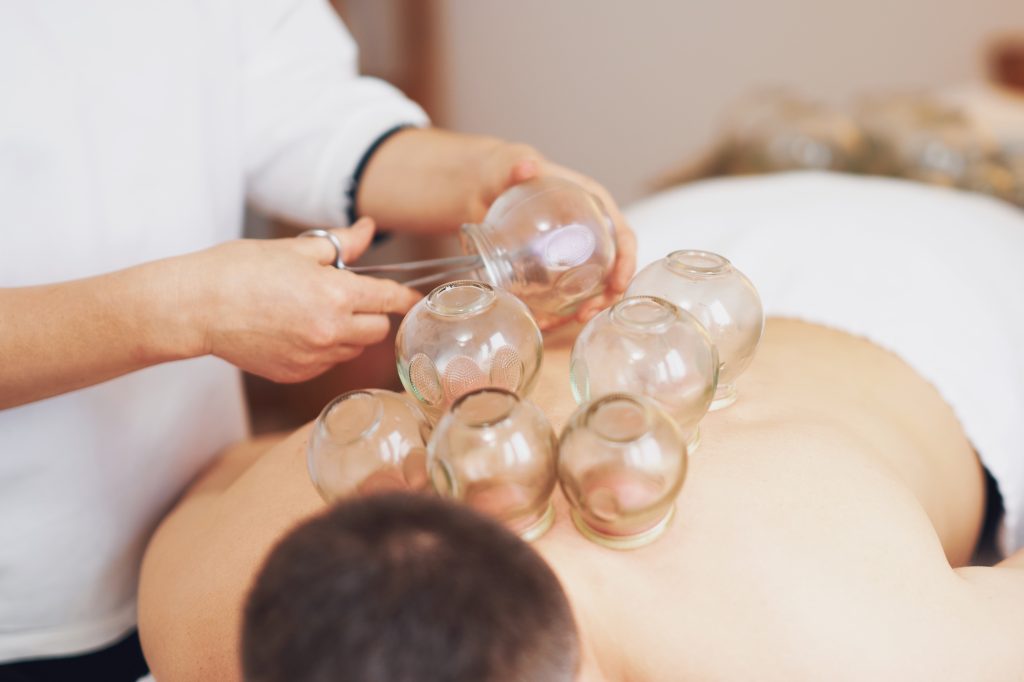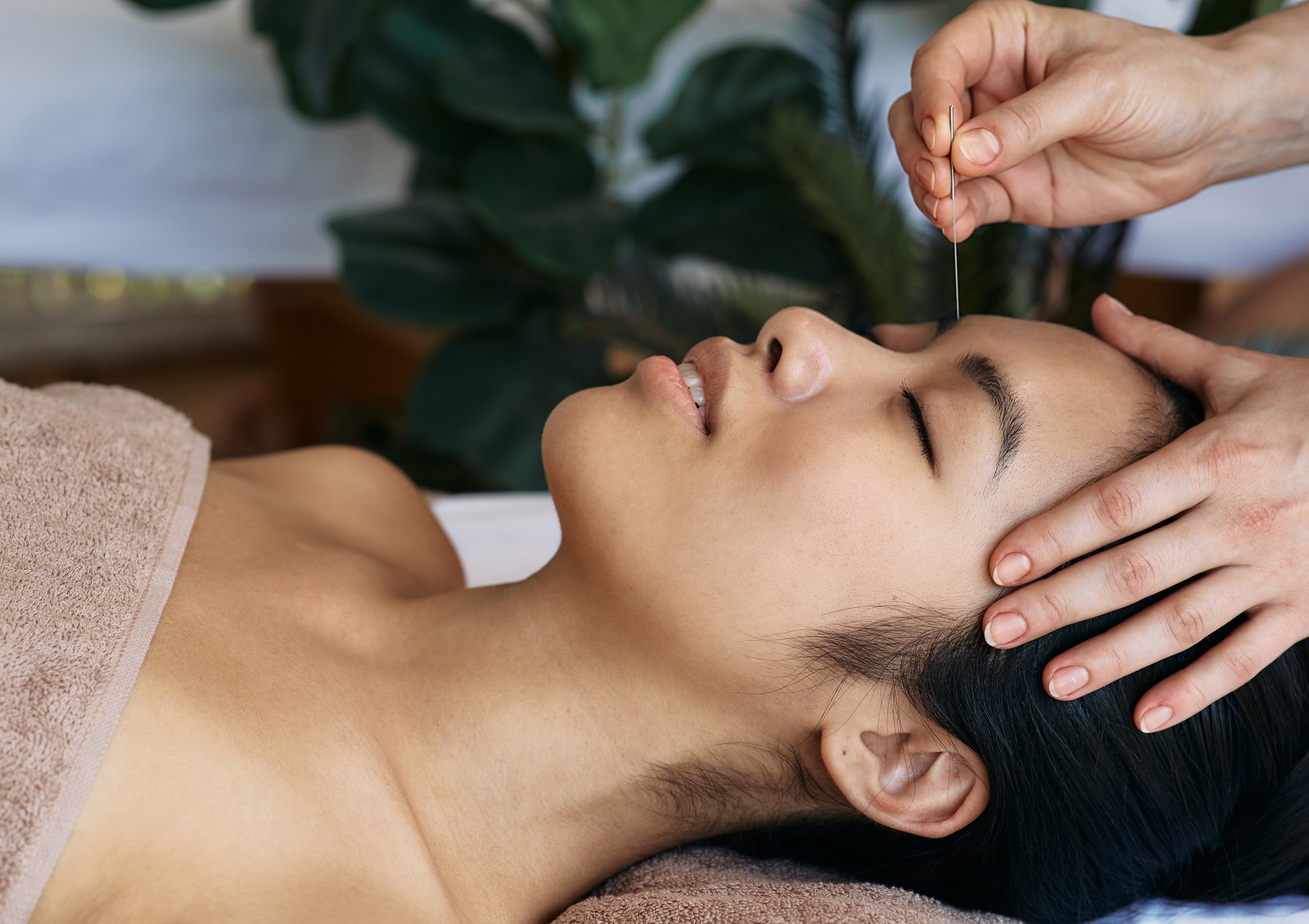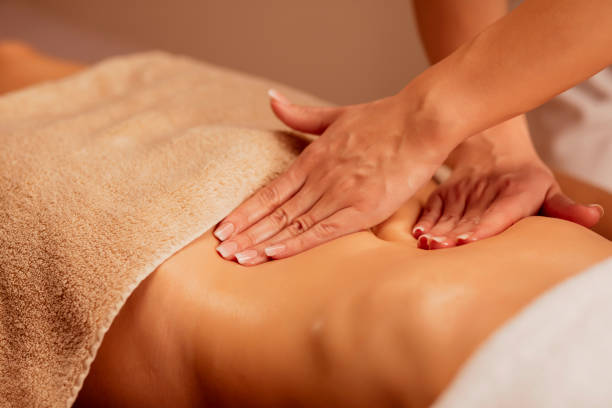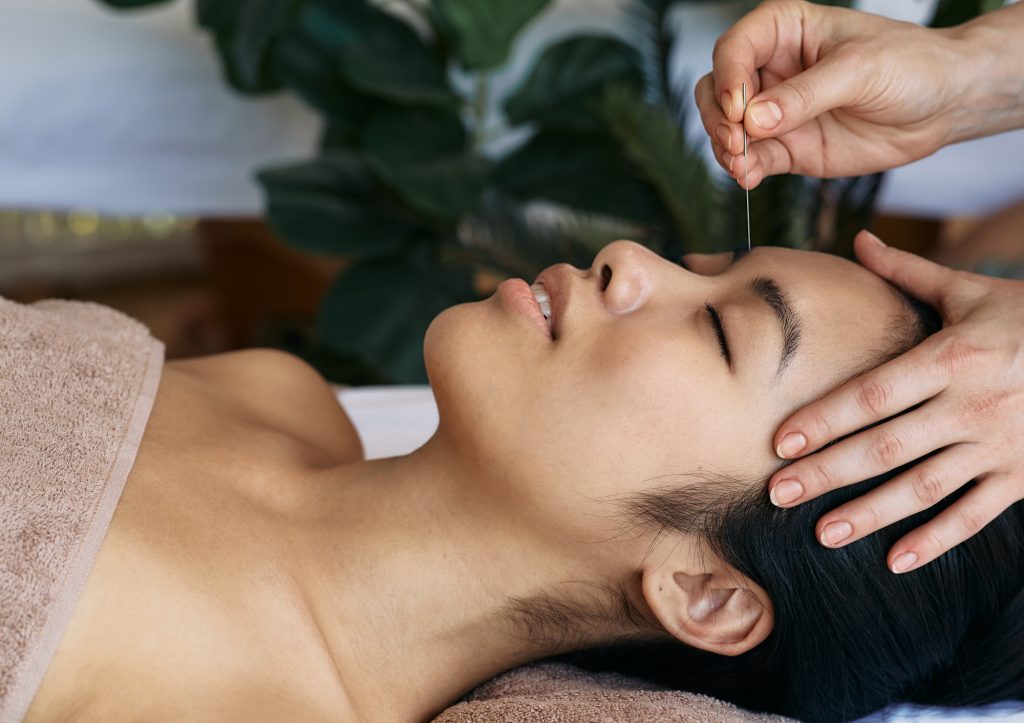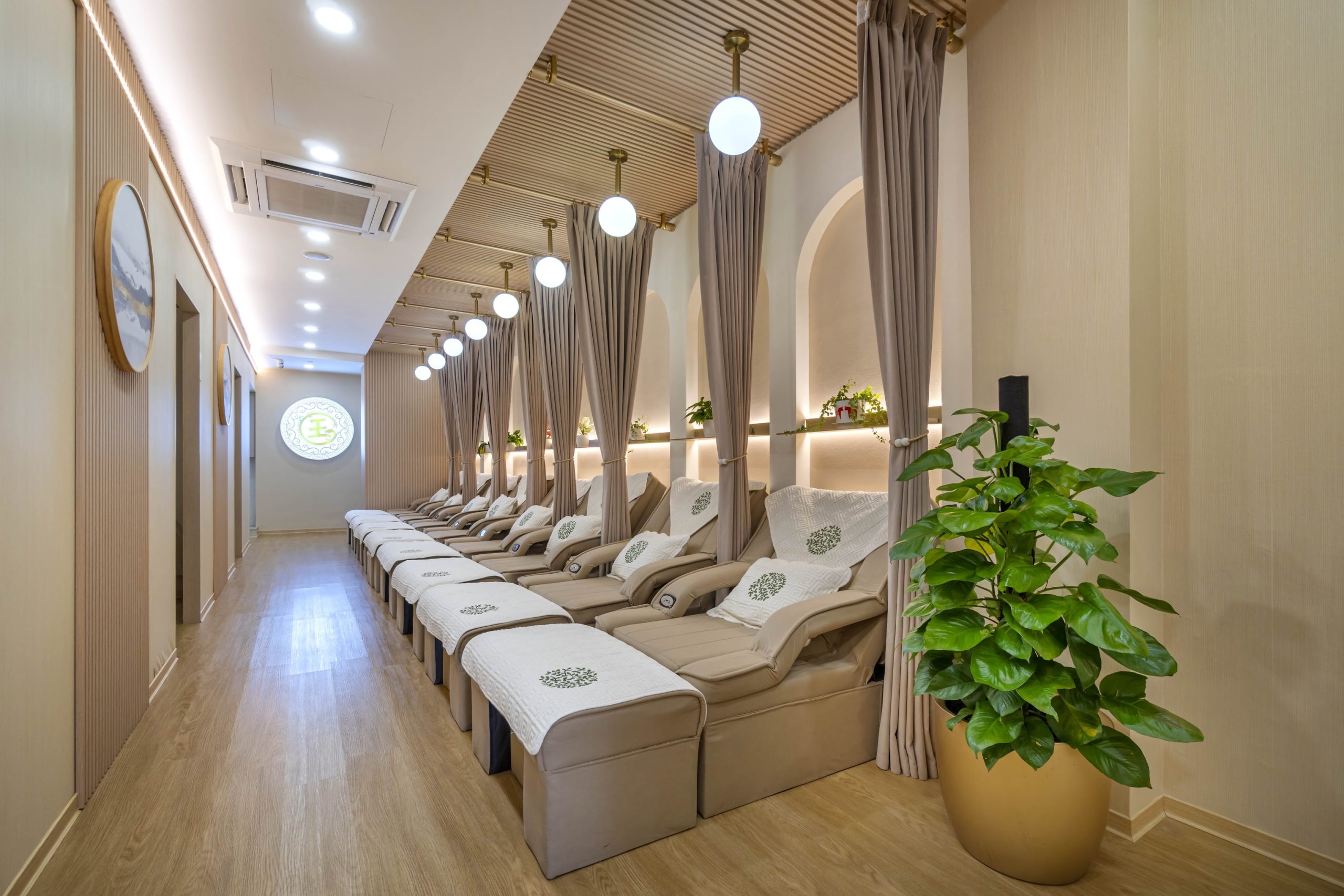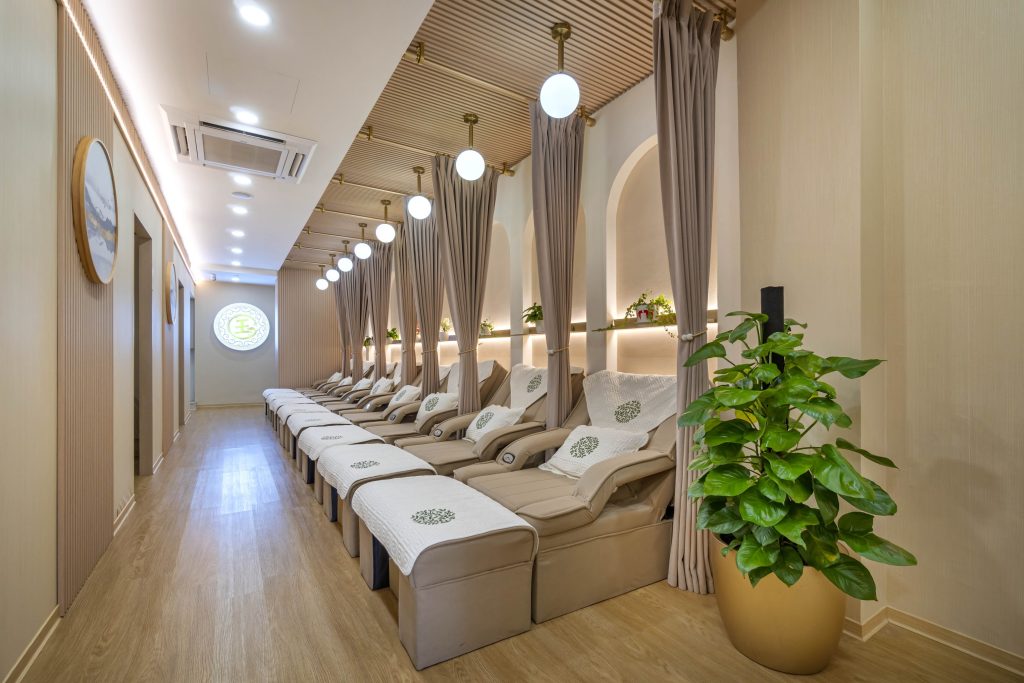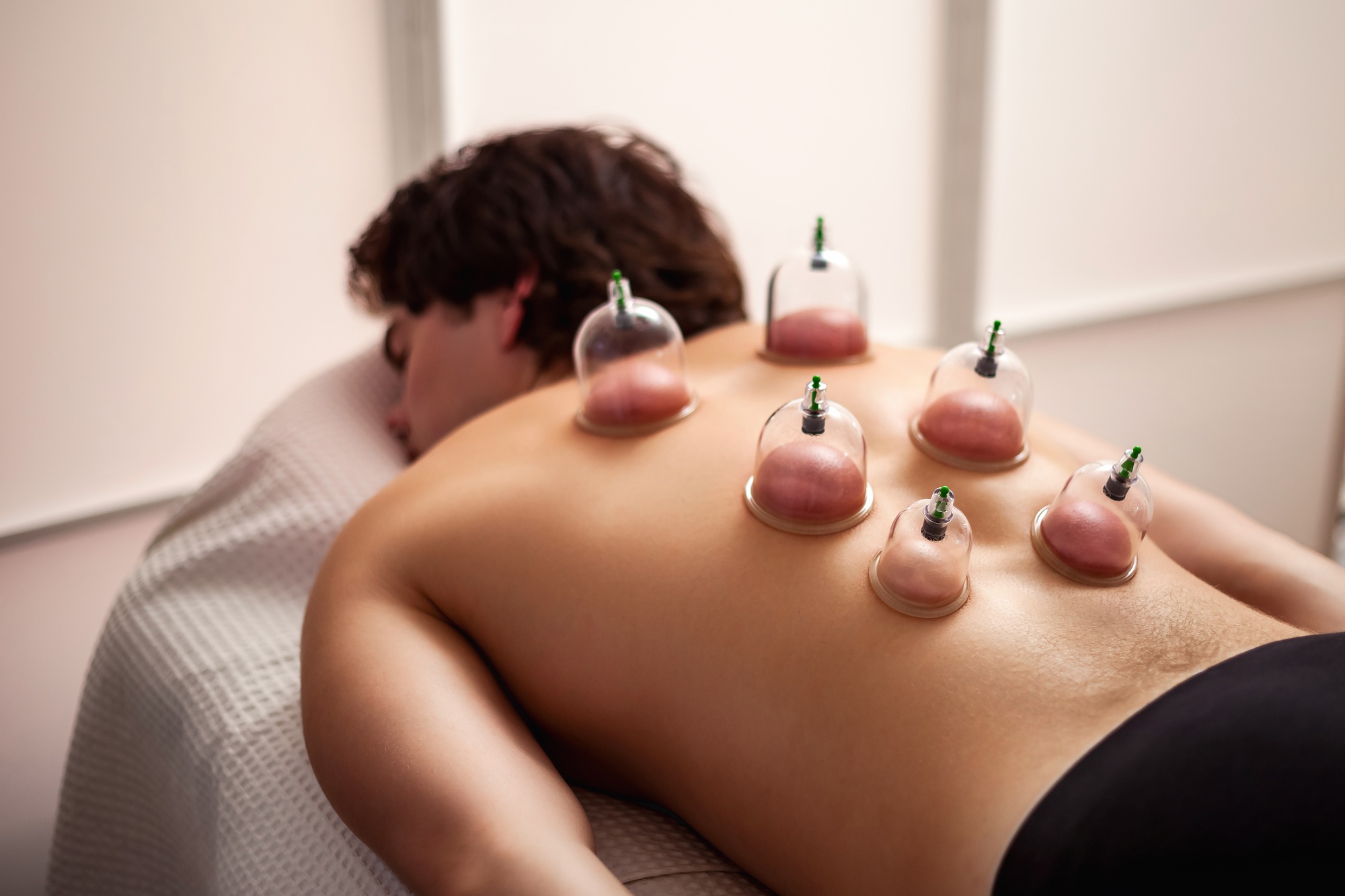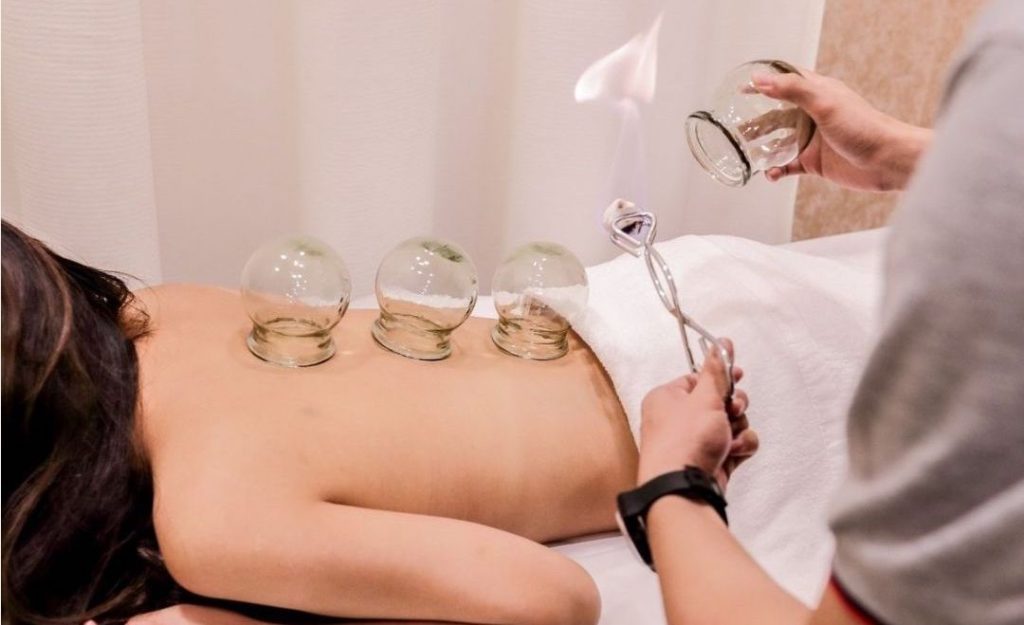What Are Auspicious Health Practices and Why Do They Matter for Long-Term Wellbeing?
Auspicious health practices have long been part of Traditional Chinese Medicine, quietly shaping how people care for their bodies, minds, and energy throughout different stages of life. Rather than reacting to illness or discomfort, these practices focus on creating favorable conditions for health to flourish, through timing, balance, and mindful daily choices. In a fast-paced modern environment, returning to these principles offers a practical way to protect wellbeing without adding complexity to everyday routines.
Understanding Auspicious Health Practices in Daily Life
Auspicious health practices refer to intentional habits, routines, and therapeutic approaches believed to support balance, longevity, and overall wellbeing according to Traditional Chinese Medicine (TCM) principles. Rather than focusing only on symptom treatment, these practices emphasize prevention, harmony, and alignment with natural cycles such as seasons, energy flow (Qi), and lifestyle rhythms.
In TCM philosophy, health is not accidental, it is cultivated. Auspicious health practices are often associated with favorable timing, balanced internal energy, and mindful living choices that reduce strain on the body. These practices are commonly observed during seasonal transitions, festive periods, and moments of personal renewal, where health intentions are reinforced alongside daily routines.
Many individuals begin exploring these concepts through holistic guidance available at GNG TCM, where traditional wisdom is applied in a modern, practical healthcare setting.
The Meaning of “Auspicious” in Traditional Chinese Medicine
In TCM, “auspicious” does not imply superstition, it reflects alignment.
What Makes a Health Practice Auspicious?
- Proper timing aligned with seasons
- Supporting balance between Yin and Yang
- Encouraging smooth Qi and blood circulation
- Preventing stagnation and depletion
Auspicious health practices aim to create favorable internal conditions so the body can regulate itself more effectively.
Why Auspicious Health Practices Matter More Than Ever
Modern lifestyles often disrupt natural balance through:
- Chronic stress
- Irregular sleep
- Poor dietary patterns
- Sedentary habits
TCM practitioners observe that consistent auspicious health practices can help reduce long-term strain on organs and support resilience. This preventive approach aligns with growing global interest in integrative and preventive healthcare.
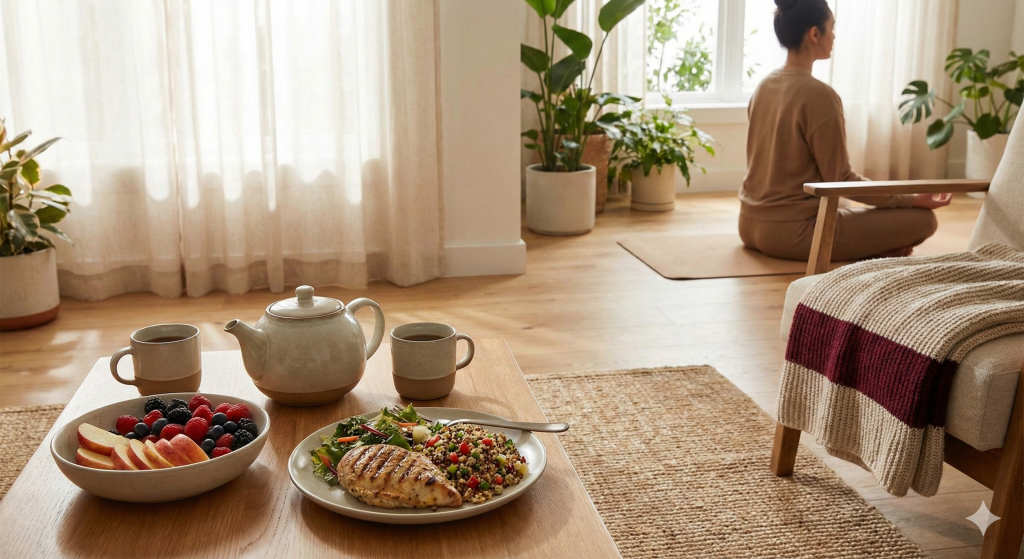
Core Auspicious Health Practices in TCM
1. Seasonal Health Alignment
TCM emphasizes adjusting habits according to seasonal energy.
| Season | Focus Area | Recommended Practice |
|---|---|---|
| Spring | Liver | Gentle stretching |
| Summer | Heart | Light foods, hydration |
| Autumn | Lungs | Breathing exercises |
| Winter | Kidneys | Rest and warmth |
This seasonal approach reinforces why TCM winter health tips are especially important during colder months, as explained in TCM winter health tips.
Pro Tip: Seasonal awareness strengthens long-term vitality.
2. Therapeutic Bodywork and Energy Flow
Manual therapies such as Tuina, acupuncture, and cupping are considered auspicious health practices when used preventively, not only when pain appears.
Benefits include:
- Improved circulation
- Reduced muscular tension
- Enhanced nervous system regulation
These therapies are commonly offered as part of holistic care at GNG TCM services, supporting both recovery and prevention.
3. Dietary Harmony as a Daily Health Ritual
TCM dietary guidance focuses on food temperature, flavor, and energetic effect rather than calorie counting.
Auspicious eating habits include:
- Warm meals in the morning
- Avoiding excessive cold foods
- Eating at regular times
These small but consistent habits are foundational auspicious health practices that protect digestive Qi.
Case Insight: Preventive TCM in Urban Lifestyles
Clinical observations from integrative medicine settings show that individuals practicing preventive TCM routines report:
- Better sleep quality
- Reduced fatigue
- Improved stress tolerance
A growing body of integrative health research supports these findings. According to insights shared by the National Center for Complementary and Integrative Health (NCCIH), traditional practices focusing on balance and prevention may contribute positively to overall wellbeing when applied consistently.
Pro Tip: Prevention is more effective than correction.
How Auspicious Health Practices Support Mental and Emotional Balance
TCM does not separate physical and emotional health.
Emotional Benefits Include:
- Reduced anxiety
- Improved focus
- Emotional grounding
Practices such as breathing exercises, mindful movement, and regular therapeutic sessions help regulate the nervous system, an essential aspect of auspicious health practices in modern life.
Simple Auspicious Health Practices You Can Start Today
Daily Routine Checklist
- Wake up and sleep at consistent times
- Eat warm, balanced meals
- Stretch gently in the morning
- Schedule preventive therapy sessions
- Reduce overstimulation at night
Pro Tip: Consistency matters more than intensity.
Visual Guide: Auspicious Health Practice Flow
Align → Support → Maintain → Restore
- Align with seasons
- Support Qi and circulation
- Maintain balance daily
- Restore when imbalance appears
This cycle reflects the essence of long-term health cultivation in TCM.
Conclusion: Building a Healthier Life Through Auspicious Health Practices
Auspicious health practices are not about perfection, they are about alignment. By adopting mindful routines, seasonal awareness, and preventive care, individuals can cultivate resilience, balance, and long-term wellbeing.
Pro Tip: Small, consistent habits create lasting health benefits.
For those seeking professional guidance rooted in Traditional Chinese Medicine, GNG TCM provides expert-led therapies and preventive care programs designed to support modern lifestyles while honoring traditional wisdom. Exploring auspicious health practices with experienced practitioners ensures that wellbeing is not left to chance, but intentionally cultivated.
FAQs Section
What are auspicious health practices in simple terms?
They are preventive habits that support balance and vitality.
Are auspicious health practices religious?
No. They are based on medical and philosophical principles.
How often should TCM therapies be done preventively?
Usually once every 2–4 weeks, depending on lifestyle.
Can modern lifestyles still benefit from these practices?
Yes, especially for stress and fatigue management.
Do auspicious health practices replace medical treatment?
No. They complement conventional care.


